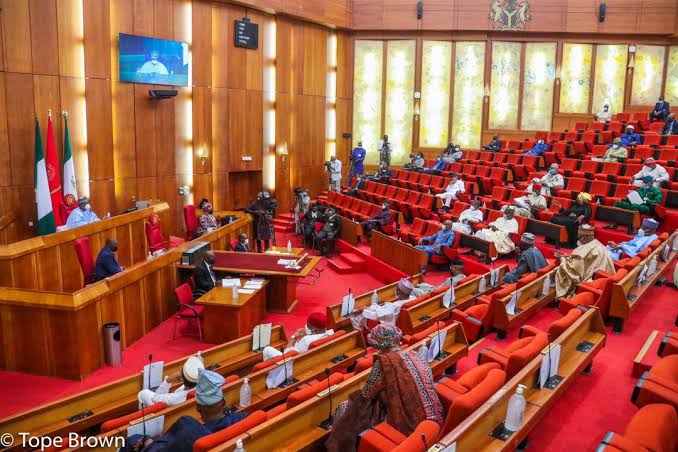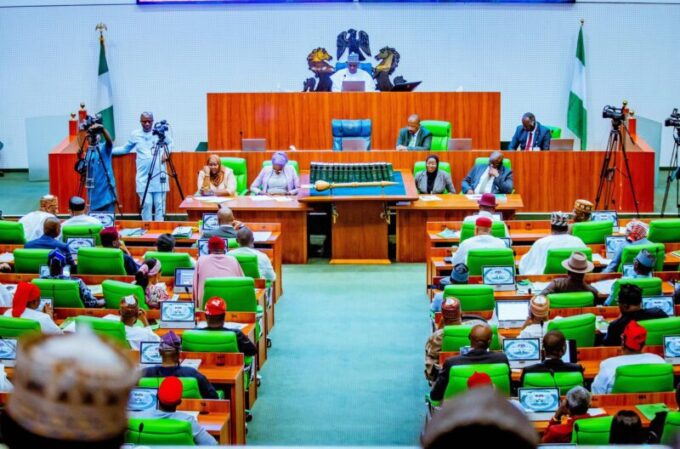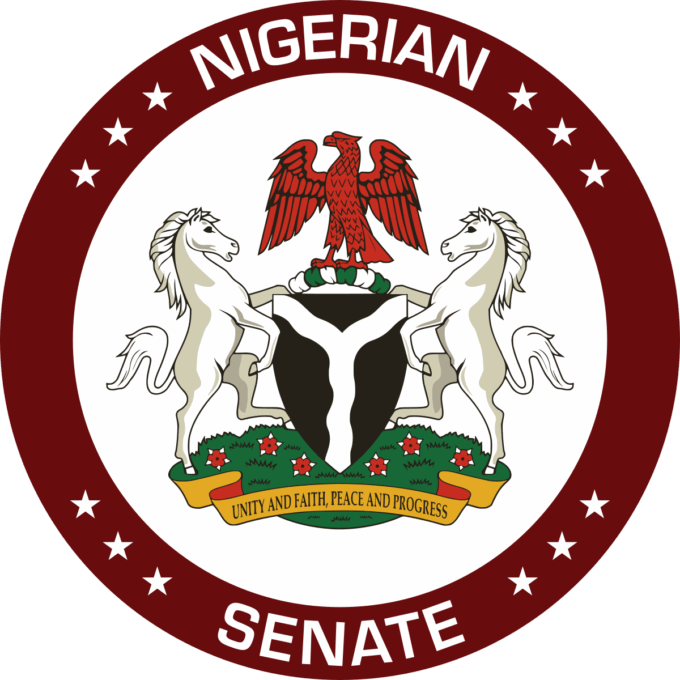Alarmed by revelations from a Trust TV undercover investigation, the Nigerian Senate has initiated decisive action against the thriving illegal drug trade in the Federal Capital Territory.
The legislative body is considering sweeping measures including mandatory drug testing for public office seekers and private sector employees following a motion by Senator Suleiman Kawu Sumaila (Kano South).
Senator Kawu sounded the alarm through his motion titled “Inside Abuja’s Thriving Illegal Drug Empire – A Trust TV Undercover Investigation: A Call for Holistic Investigation.”
The lawmaker proposed stringent new requirements, stating “compulsory drug testing should be instituted for all individuals seeking elective or appointive public office, as a prerequisite for eligibility.” He extended this to corporate Nigeria, adding “regulatory agencies should mandate and enforce routine drug testing within the private sector to ensure a drug-free workforce and promote national health and productivity.”
The senator reserved special praise for Trust TV’s investigative work, noting “This vital exposé serves as a wake-up call and a valuable tool for government action. It is a commendable contribution towards building a healthier, safer and drug-free society.” His comprehensive proposal includes convening a national drug summit, establishing a special investigative committee to audit security agencies’ drug seizure records, and declaring a National Synthetic Drug Emergency to combat substances like crystal meth (“Ice”).
While the motion awaited debate due to a Children’s Day observance in the chamber, Senate President Godswill Akpabio connected the issue to youth welfare, telling student visitors “As you grow up, shun illicit drugs so that they cannot take over your life, lead you astray and put you in the position of collision with law enforcement agencies.” The Senate’s forthcoming deliberations could reshape Nigeria’s approach to the growing drug epidemic, with particular focus on protecting vulnerable populations and strengthening enforcement mechanisms.














Leave a comment